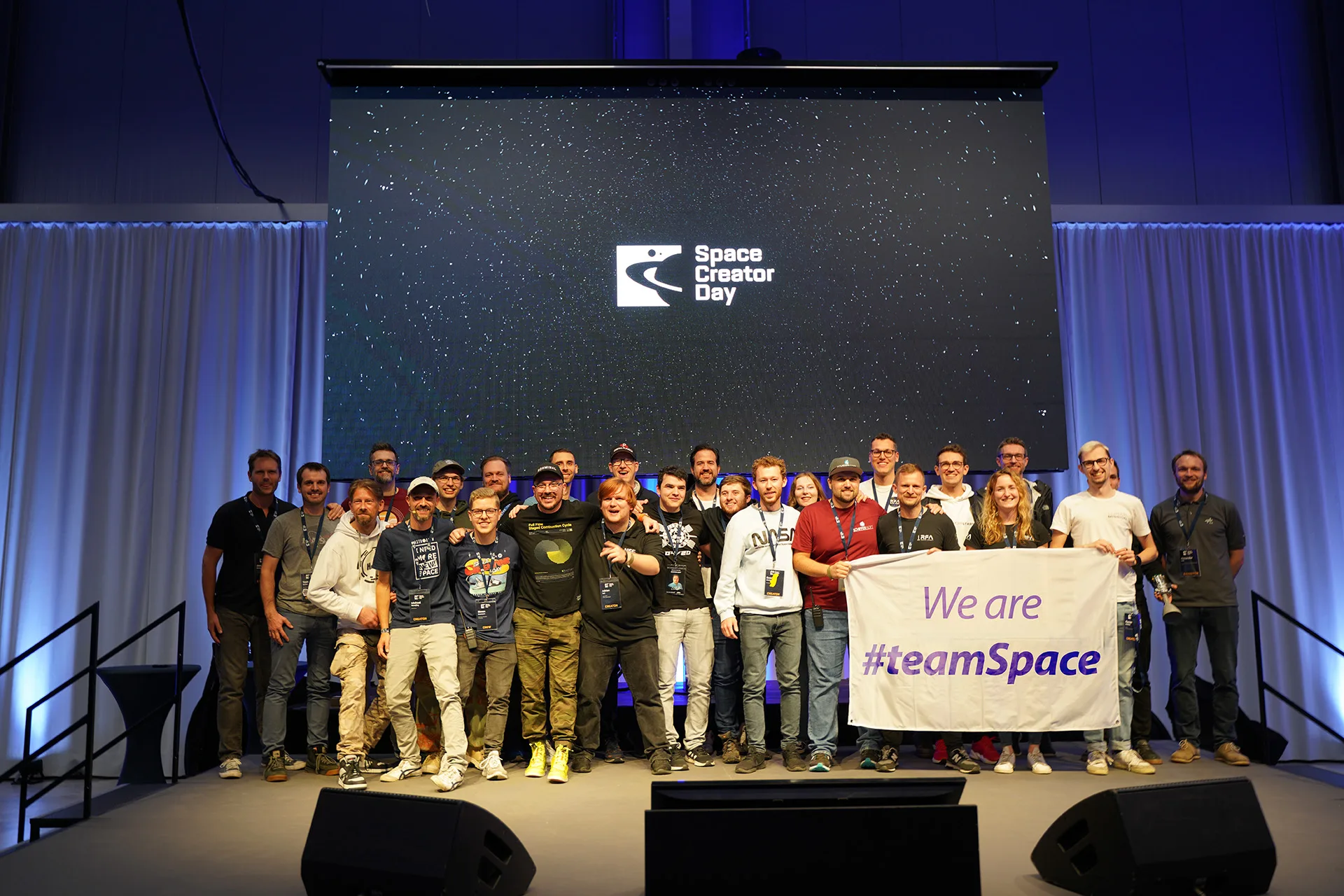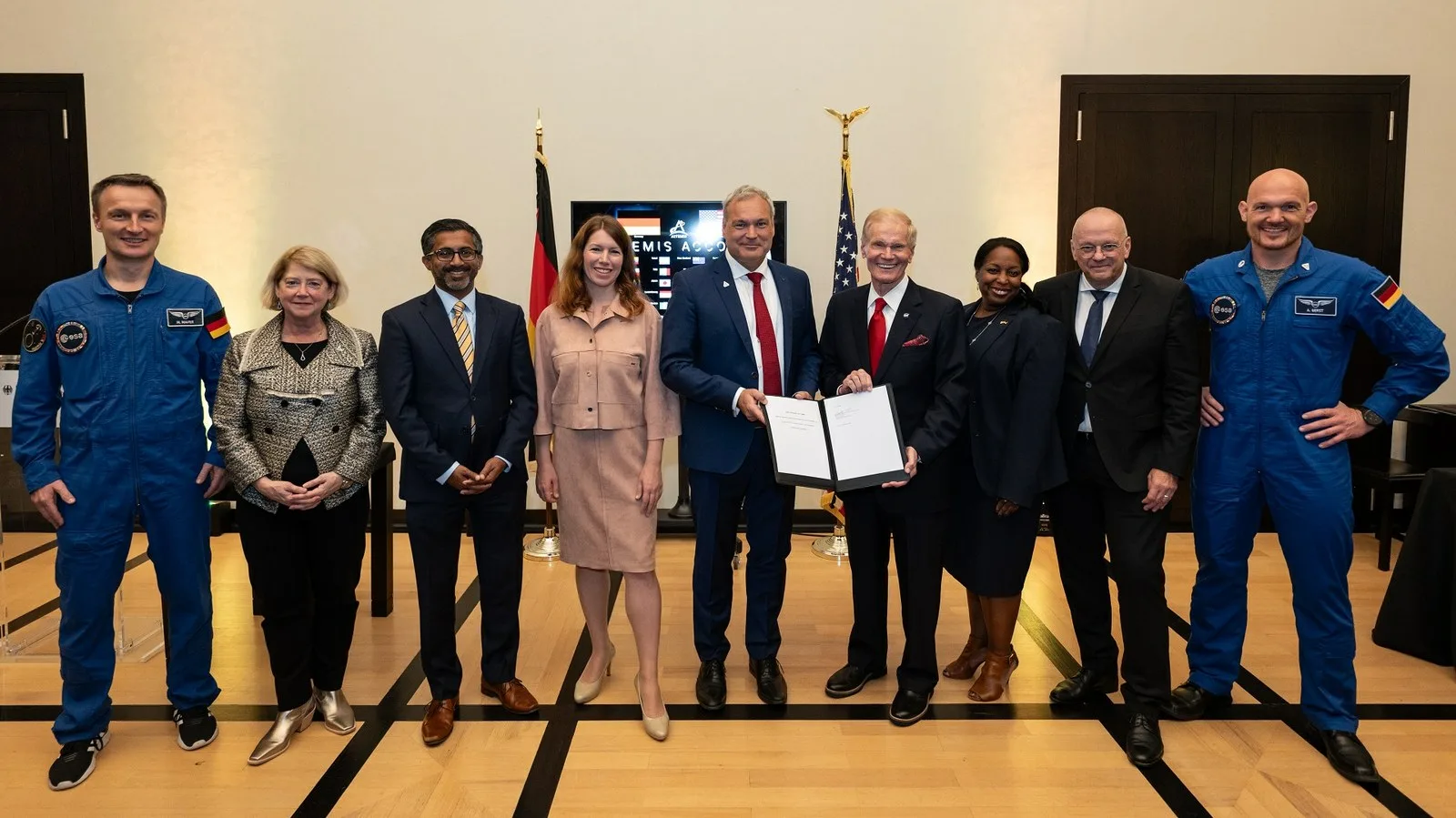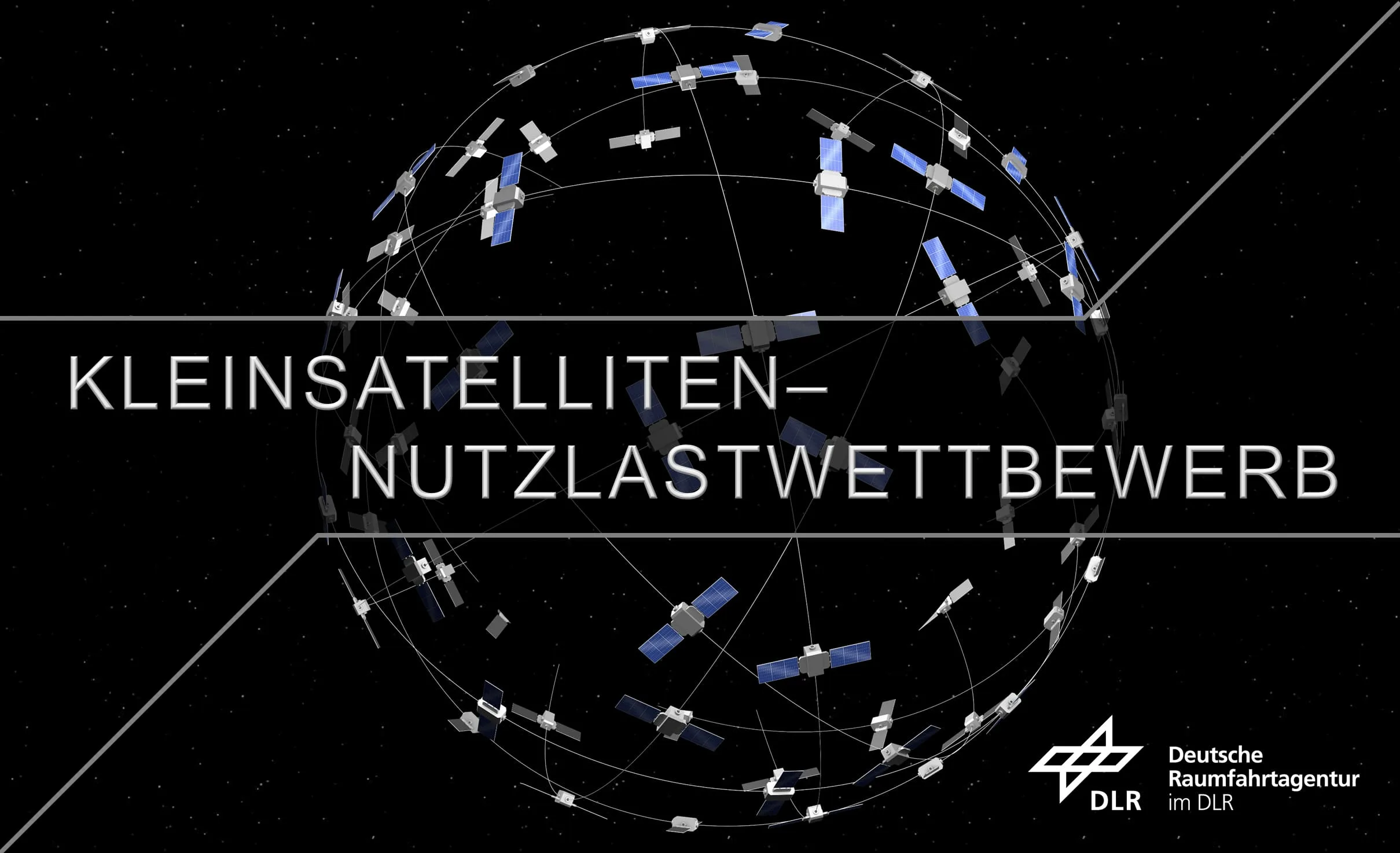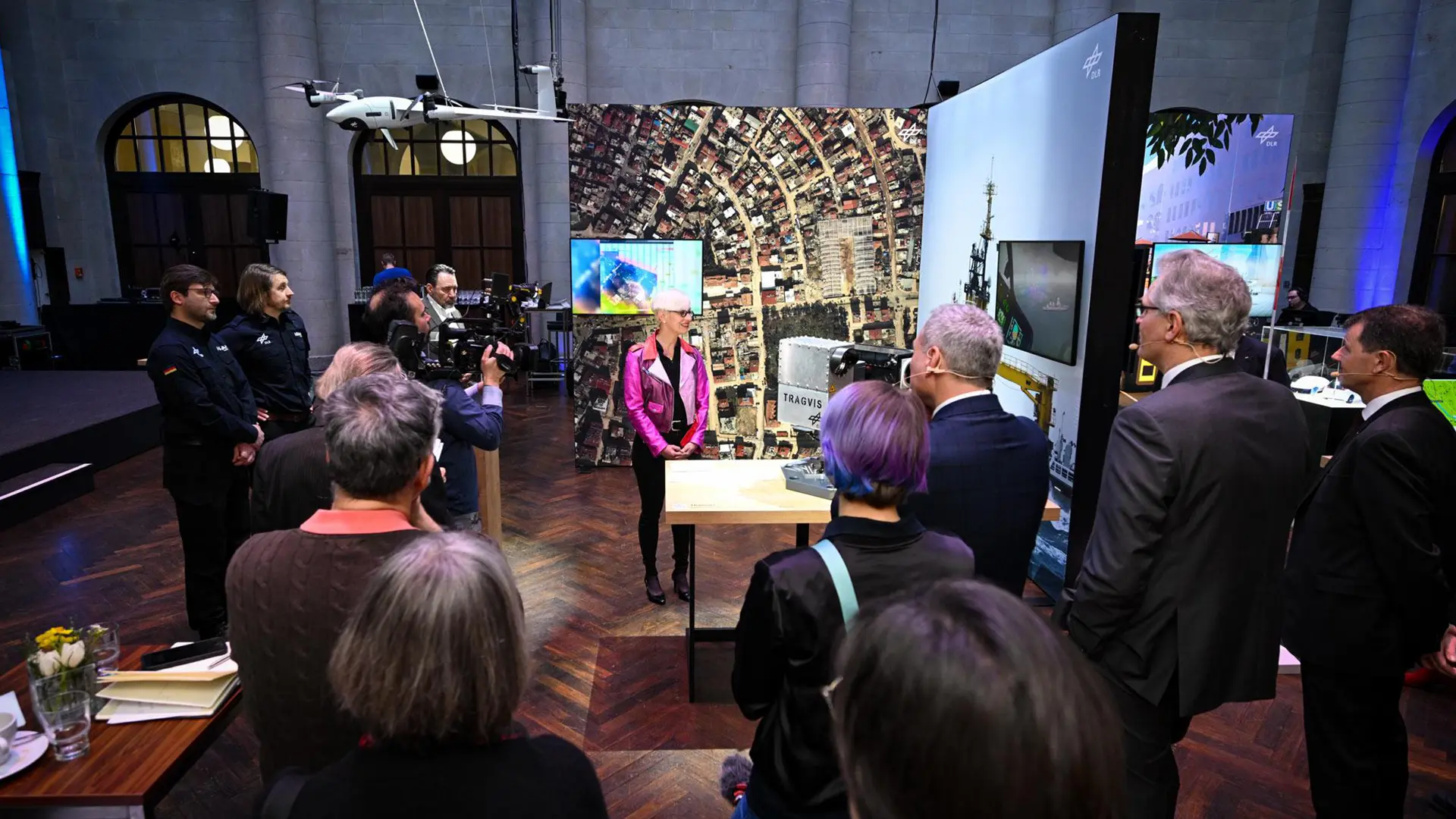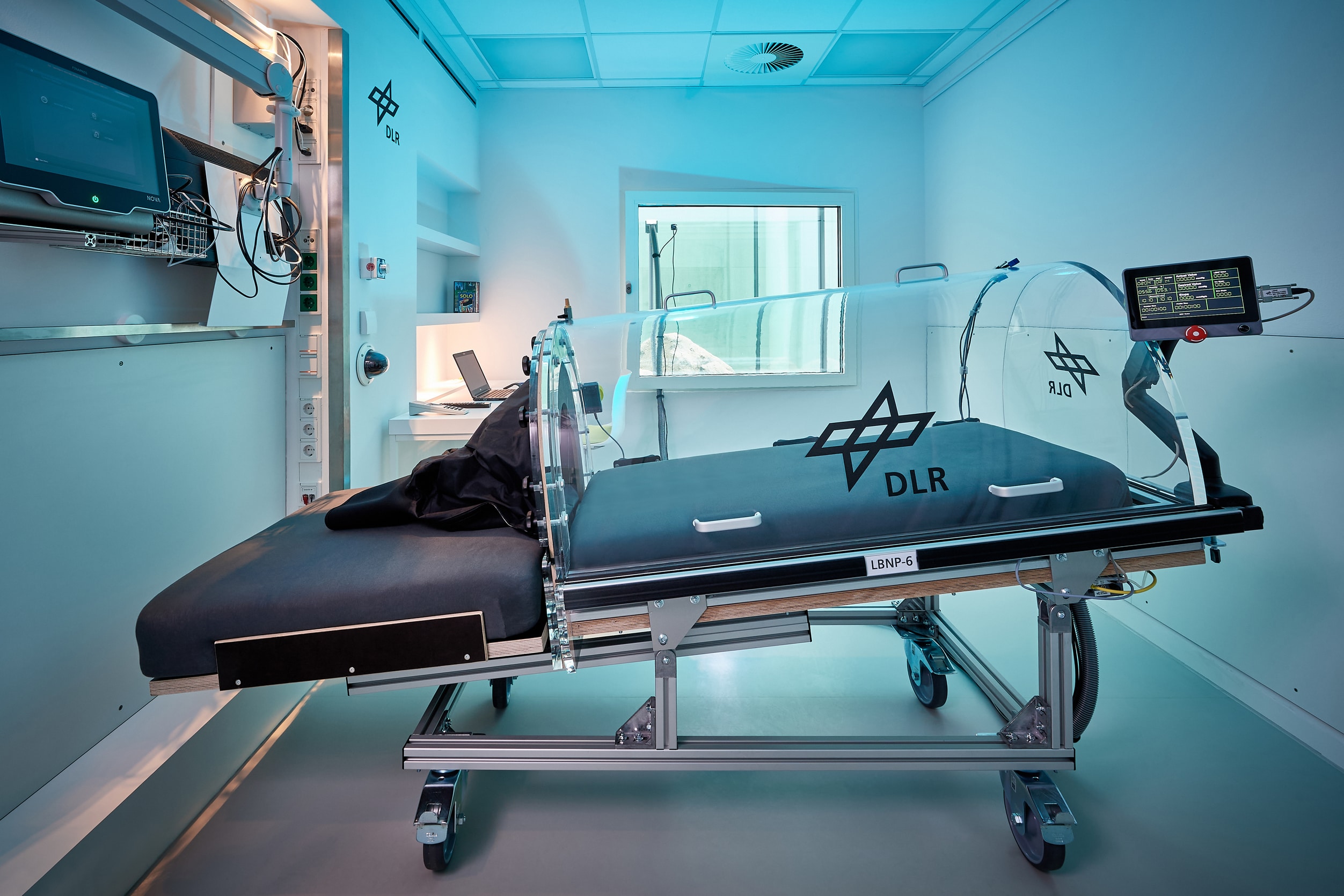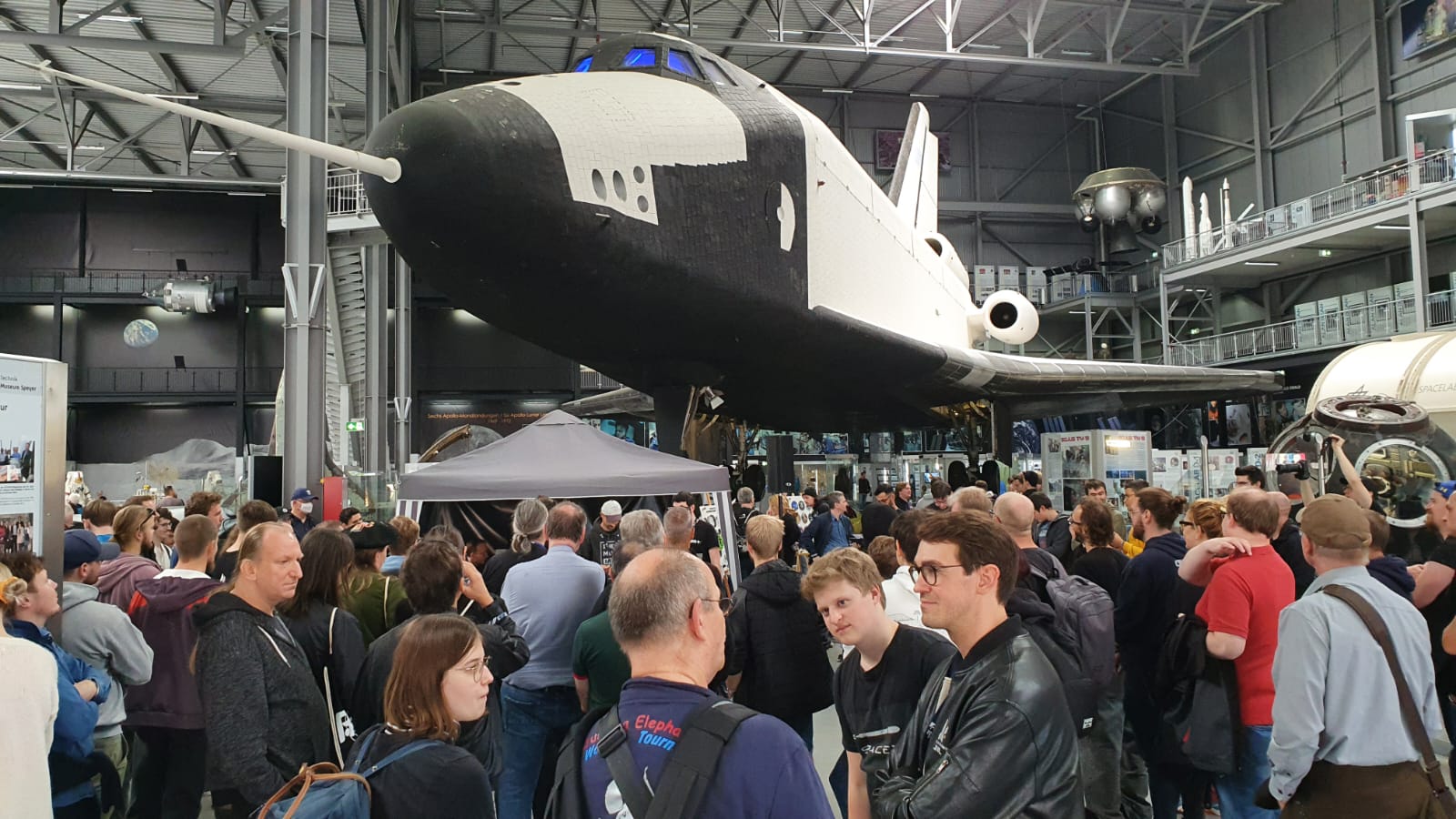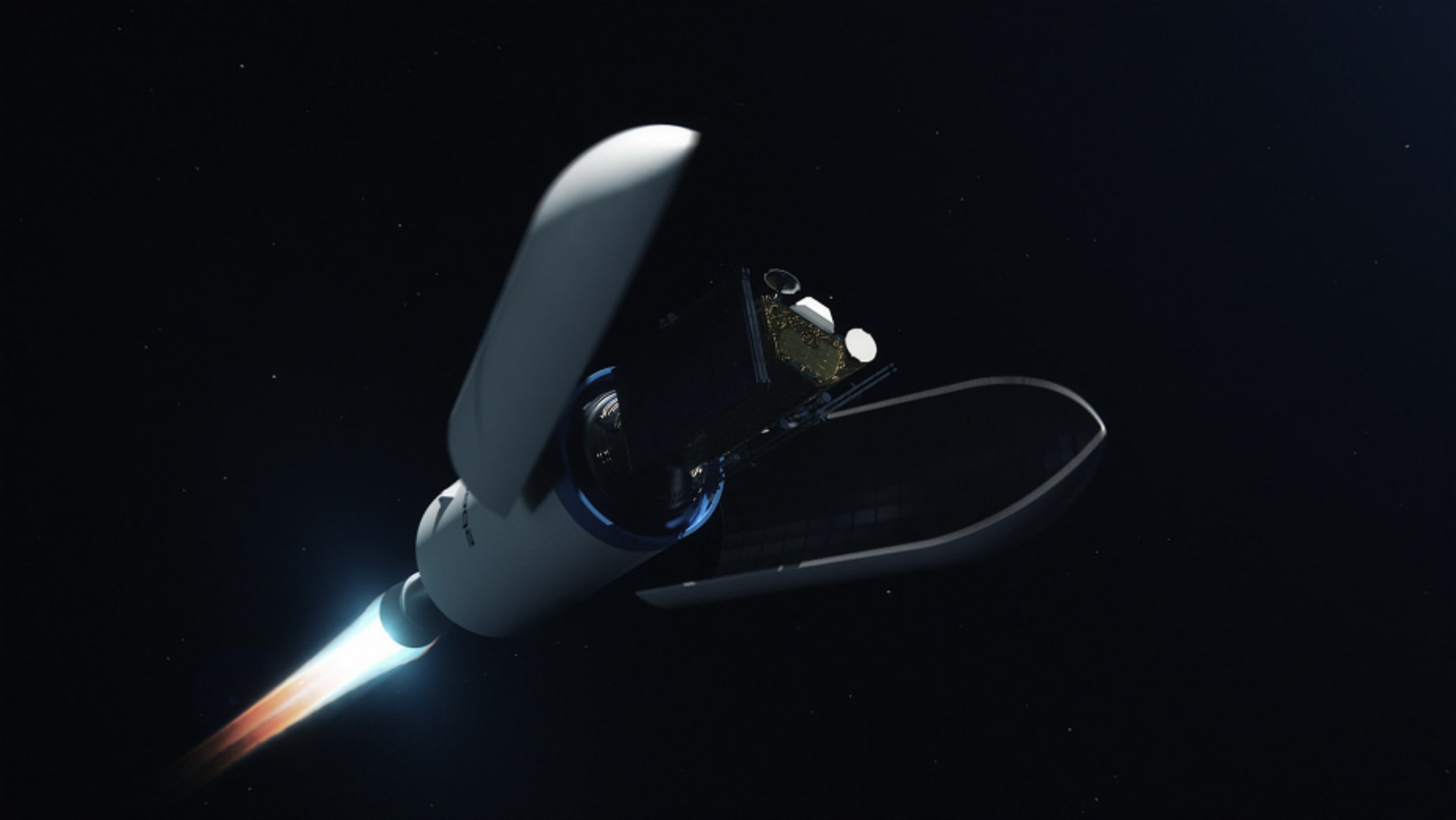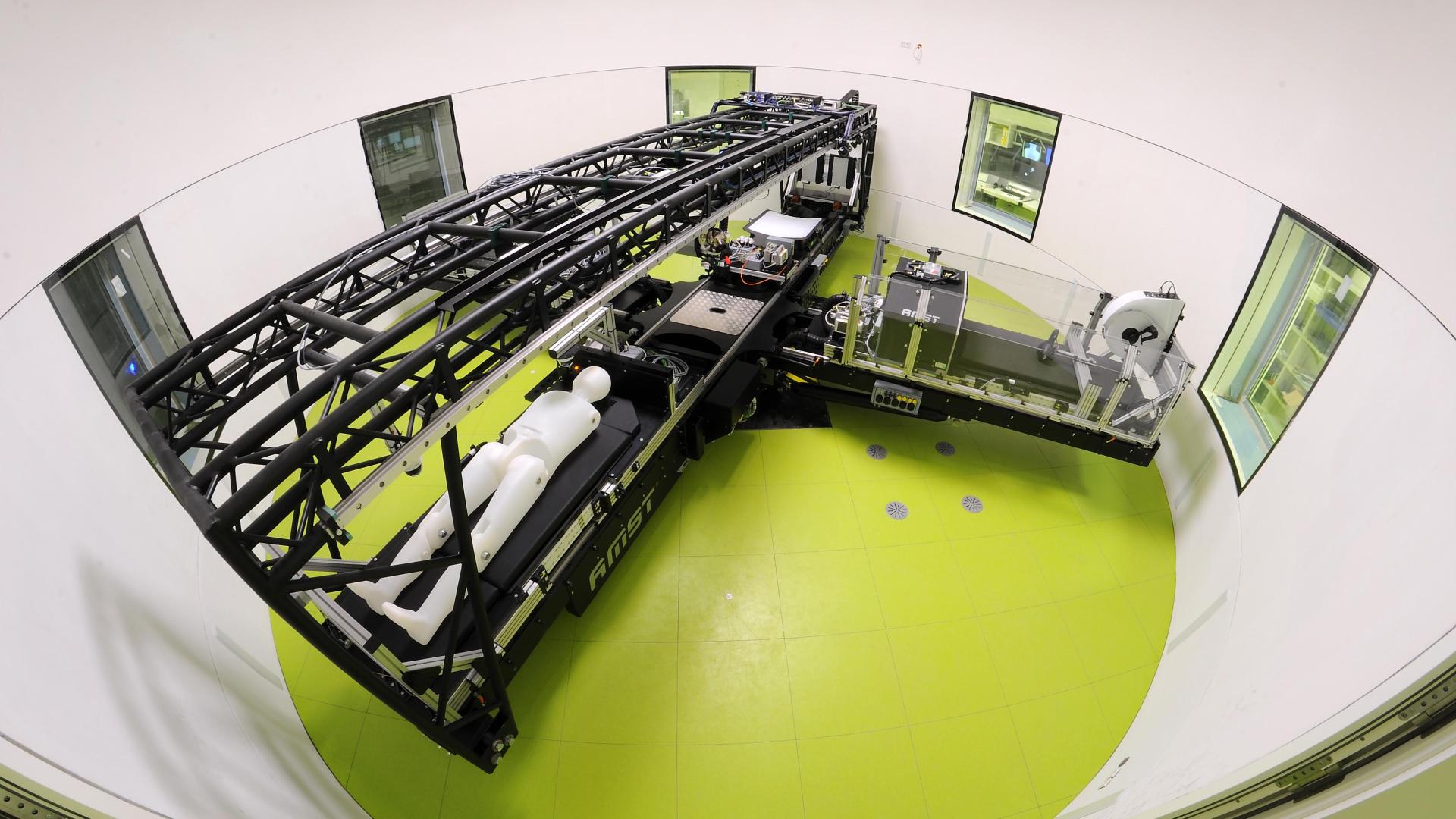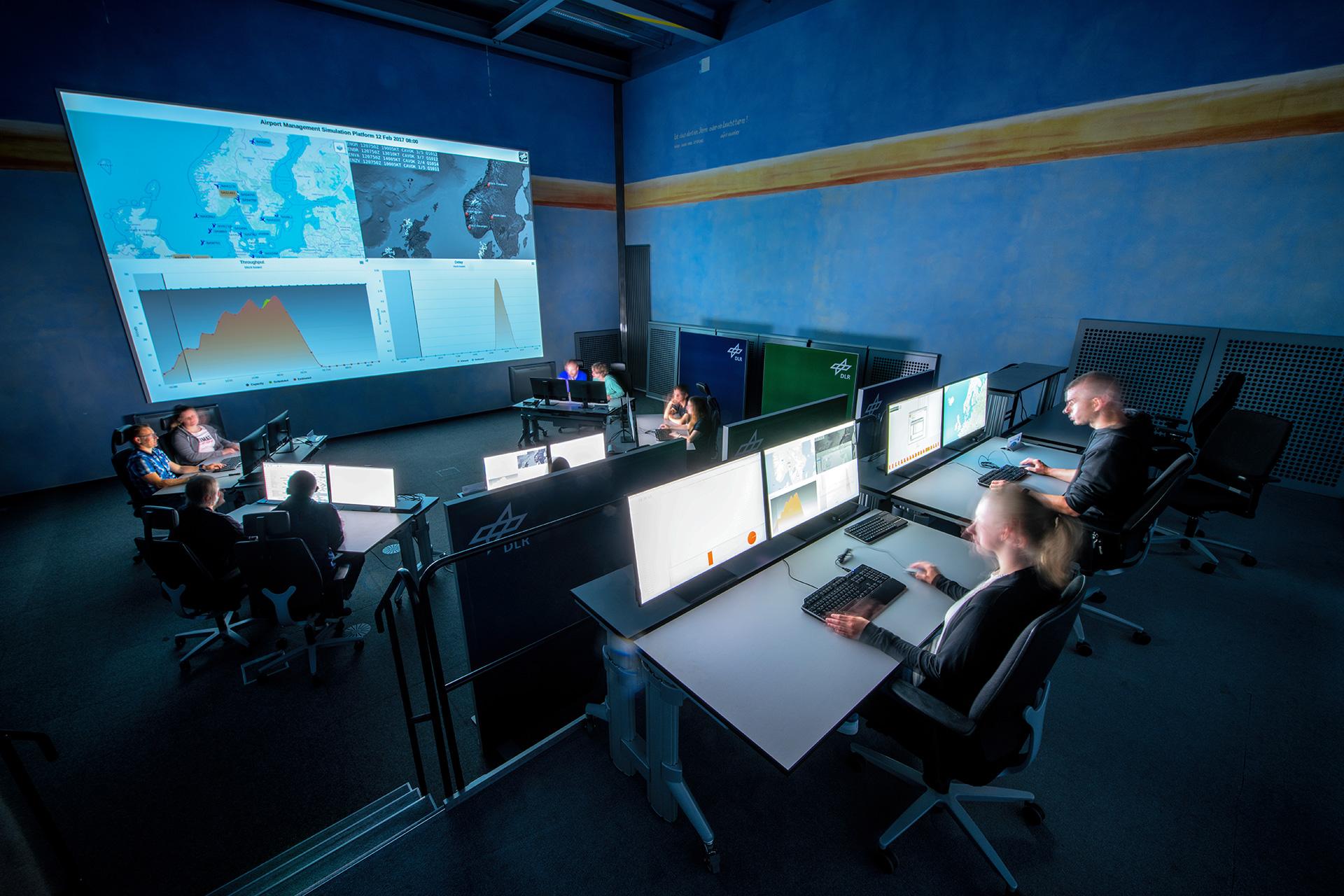
Establishment of Launch Coordination Center by DLR
Published on Thu, 23.09.2021 – 17:50 CEST in Politics, covering DLRThere are currently 4,084 satellites in orbit, with tens of thousands more to follow. To this end, rocket launches will take place more frequently in the future. To coordinate the interaction between space, air and sea travel, DLR is planning to set up a control center.
Communication, observation and navigation - to put it simply, these are the three core areas for which satellites are in orbit around the Earth. Of the 4,084 satellites currently in orbit (as of April 30, 2021), the majority (2,505) come from the United States, followed by China (431) and Russia (168). The rest of the world thus accounts for a total of 980 satellites of various sizes. But although it is becoming increasingly crowded in orbit, further mega-constellations are being planned or have already been built.
In addition to the necessary rocket launches, there are regular supply flights to the International Space Station ISS, space missions to other celestial bodies and, more recently, space tourism. Rockets and space capsules regularly cross airspace during launch, re-entry and landing, and landings often take place in water. To coordinate the impact on air and sea travel, the German Aerospace Center is now planning to set up a Launch Coordination Center (LCC). To this end, a demonstrator is initially to be set up at the Braunschweig site.
"This first demonstrator is intended to show how a large number of launches and re-entries can be safely coordinated with air and maritime operations in the future. Potential users from industry and government are getting involved in the design of the LCC so that the application for a pilot mission can be followed by the path to regular operations."
Prof. Karsten Lemmer, DLR Executive Board Member for Innovation, Transfer and Scientific Infrastructures
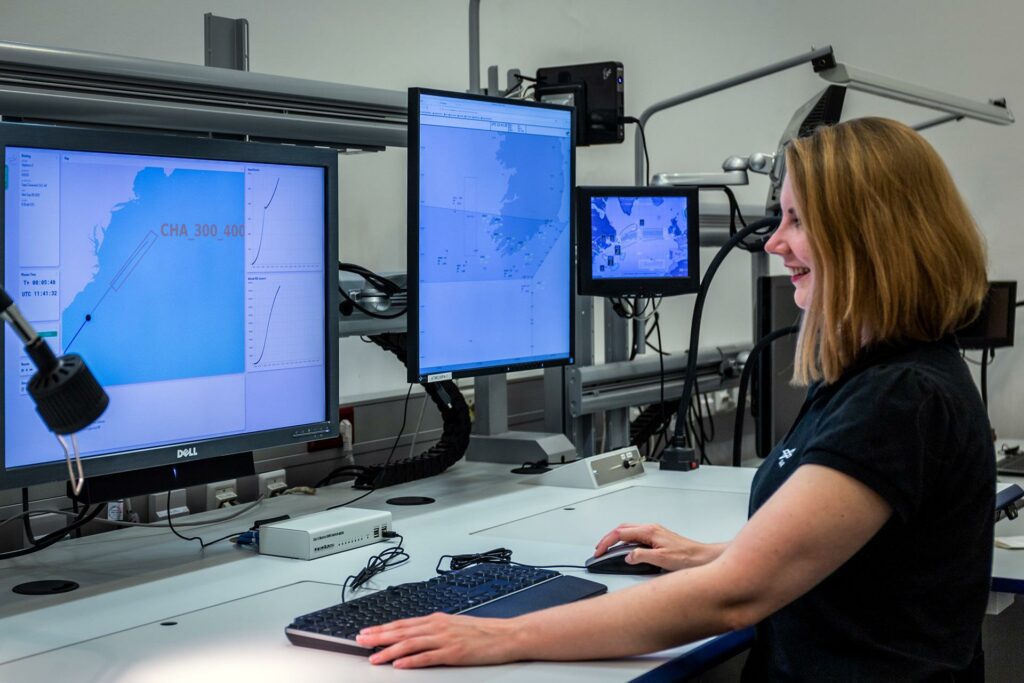
© DLR; Supervisor workstation in the LCC 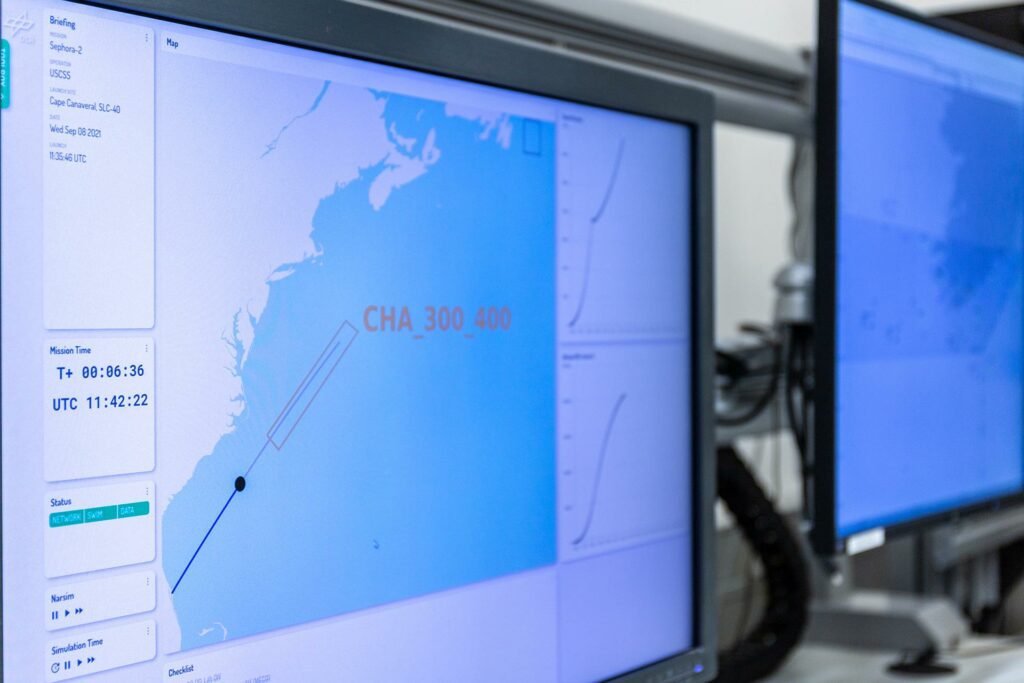
© DLR; Space Operations Dashboard (SOD)
DLR (CC BY-NC-ND 3.0)
According to a press release, DLR's previous experience and that of the U.S. Federal Aviation Administration (FAA) will be incorporated into the development of the LCC. A Space Operations Dashboard is planned for mission monitoring, and a first prototype has already been developed. The system will be complemented by a radar screen for controllers so that unforeseen events can be reacted to during launch operations. To ensure this, data will be exchanged in real time between the LCC, the spacecraft operator and the air traffic control units concerned. Initial tests of this project have already been successful.
According to DLR, missions will be accompanied from planning to real-time monitoring and final evaluation.
